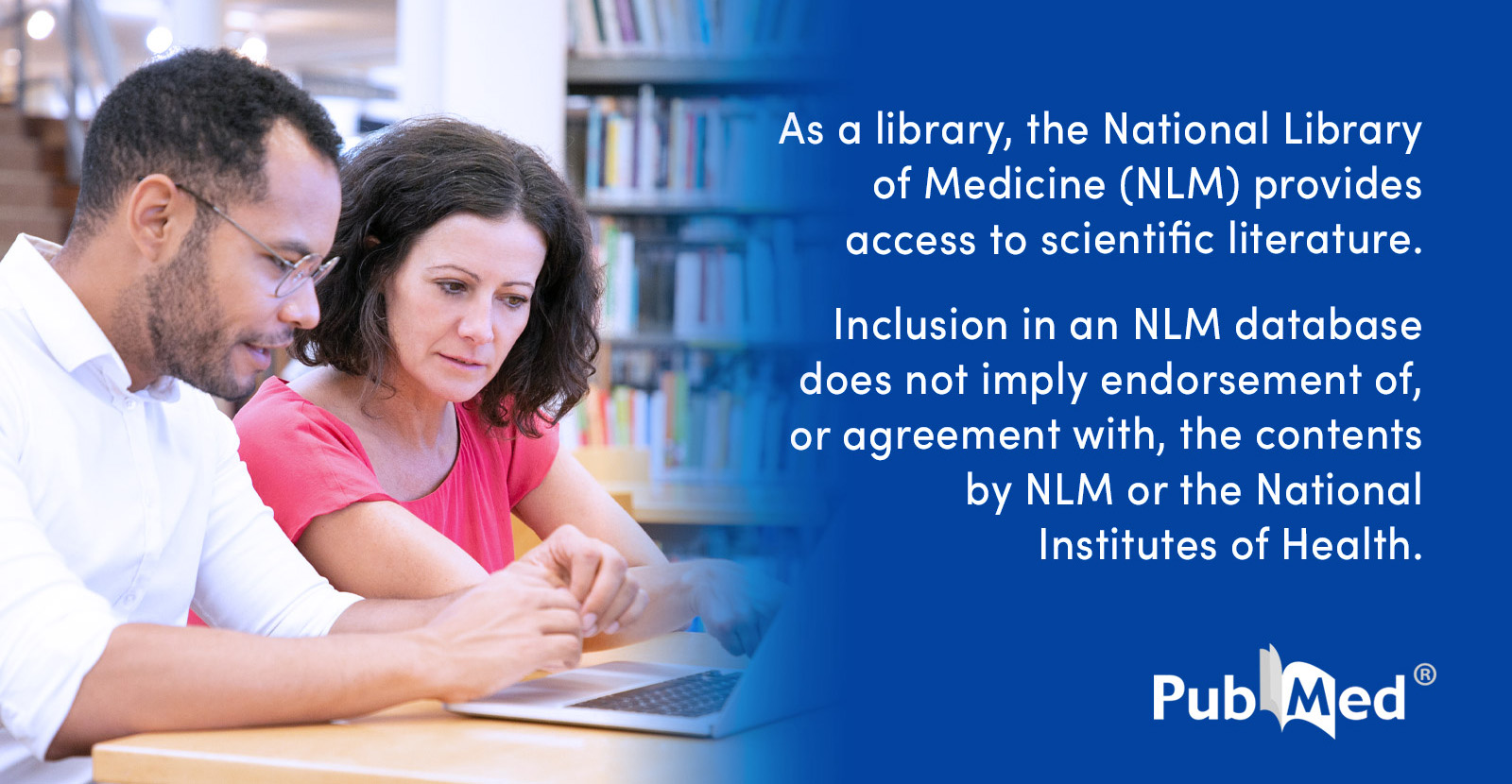I first became interested in agmatine when I read some people were using it to potentiate opioids. Yet invariably, like most "opioid potentiators", it was seemingly not very effective for that, at least for kratom alkaloids. There are also plenty of anecdotal reports of it potentiating benzos, which it does seem to do. I shelved it for awhile until I did more research and stumbled upon medical literature about it's effect on withdrawal.
It has been shown to significantly reduce withdrawal symptoms from benzos in rats. It has also been shown to reduce withdrawal symptoms from morphine, methamphetamine, cocaine, and nicotine in flatworms. From personal experience, it also works for alcohol withdrawal (but I would not recommend this for severe booze withdrawals, you need medical supervision).
I can confirm it does indeed work wonders for alcohol, benzo, and opioid withdrawal. It's actually quite amazing. It's no magic cure pill like anything else, but the effect is palpable. It's definitely not placebo. NMDA antagonism is the purported mechanism, and I'm sure it's other properties like lowering blood pressure/heart rate also help as well.
And this is just scratching the surface of it's other benefits, it is coveted by many bodybuilders for getting more pumps in. In particular it is a potent vasodilator and nitrogen transporter. Kratom, alcohol, and tobacco give me quite bad vasoconstriction leading to headaches, cold hands and feet, and numbness. Agmatine wonderfully counteracts these side effects completely.
Furthermore, it has been studied as an antidepressant and produces a rapid, although modest, antidepressant effect. It also mildly reduces heart rate, reduces blood pressure, reduces blood sugar, and reduces cellular oxidative stress. It seems to do everything! From my experience in using it, the vasodilation and withdrawal reduction are the two most impressive and noticeable effects.
On top of all that, I have not really noticed any side effects. It has been shown to be safe for daily use up to 4g per day. Agmatine is an endogenous amino acid your body naturally produces from arginine. However, I did notice that daily doses of 1000-1500mg became ineffective after about 2-3 weeks, and at that point did start giving me mild side effects such as mild dizziness and an odd stimulating physical sensation I can't really describe. I think it is best to cycle or only use when needed.
As for it's supposed ability to potentiate drugs, I can't really comment on that yet because I have mainly used it for withdrawal and symptom relief. I feel like it did potentiate benzos and even psychedelics, but take that with a grain of salt for now. I haven't paid too much attention to it for this purpose.
Overall, this stuff is miraculous if used appropriately. I'm surprised it's not talked about more. For vasoconstriction I use 500mg. For withdrawal I use 1000-2000mg per day (in two different doses).
Here is some of the literature, I will probably update this thread with more when I have a bit more time.
 en.wikipedia.org
en.wikipedia.org

 pubmed.ncbi.nlm.nih.gov
pubmed.ncbi.nlm.nih.gov
 pmc.ncbi.nlm.nih.gov
pmc.ncbi.nlm.nih.gov
It has been shown to significantly reduce withdrawal symptoms from benzos in rats. It has also been shown to reduce withdrawal symptoms from morphine, methamphetamine, cocaine, and nicotine in flatworms. From personal experience, it also works for alcohol withdrawal (but I would not recommend this for severe booze withdrawals, you need medical supervision).
I can confirm it does indeed work wonders for alcohol, benzo, and opioid withdrawal. It's actually quite amazing. It's no magic cure pill like anything else, but the effect is palpable. It's definitely not placebo. NMDA antagonism is the purported mechanism, and I'm sure it's other properties like lowering blood pressure/heart rate also help as well.
And this is just scratching the surface of it's other benefits, it is coveted by many bodybuilders for getting more pumps in. In particular it is a potent vasodilator and nitrogen transporter. Kratom, alcohol, and tobacco give me quite bad vasoconstriction leading to headaches, cold hands and feet, and numbness. Agmatine wonderfully counteracts these side effects completely.
Furthermore, it has been studied as an antidepressant and produces a rapid, although modest, antidepressant effect. It also mildly reduces heart rate, reduces blood pressure, reduces blood sugar, and reduces cellular oxidative stress. It seems to do everything! From my experience in using it, the vasodilation and withdrawal reduction are the two most impressive and noticeable effects.
On top of all that, I have not really noticed any side effects. It has been shown to be safe for daily use up to 4g per day. Agmatine is an endogenous amino acid your body naturally produces from arginine. However, I did notice that daily doses of 1000-1500mg became ineffective after about 2-3 weeks, and at that point did start giving me mild side effects such as mild dizziness and an odd stimulating physical sensation I can't really describe. I think it is best to cycle or only use when needed.
As for it's supposed ability to potentiate drugs, I can't really comment on that yet because I have mainly used it for withdrawal and symptom relief. I feel like it did potentiate benzos and even psychedelics, but take that with a grain of salt for now. I haven't paid too much attention to it for this purpose.
Overall, this stuff is miraculous if used appropriately. I'm surprised it's not talked about more. For vasoconstriction I use 500mg. For withdrawal I use 1000-2000mg per day (in two different doses).
Here is some of the literature, I will probably update this thread with more when I have a bit more time.
Agmatine - Wikipedia

Agmatine: identification and inhibition of methamphetamine, kappa opioid, and cannabinoid withdrawal in planarians - PubMed
Agmatine blocks morphine physical dependence in mammals, but its effects on withdrawal signs caused by other abused drugs have been less studied. One of the reasons is that withdrawal to some of these drugs is difficult to quantify in mammals. An alternative to mammals is planarians, a type of...
Agmatine as a novel candidate for rapid-onset antidepressant response - PMC
Major depressive disorder (MDD) is a disabling and highly prevalent mood disorder as well as a common cause of suicide. Chronic stress, inflammation, and intestinal dysbiosis have all been shown to play crucial roles in the pathophysiology of MDD. ...
Last edited:




